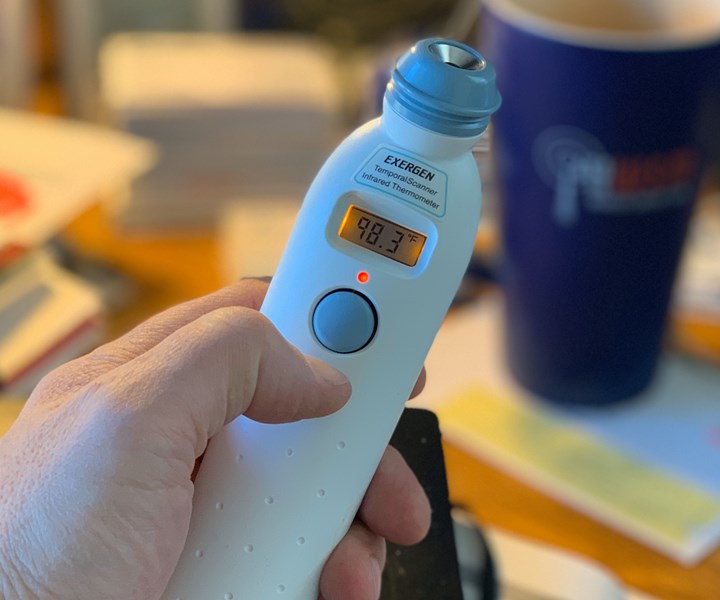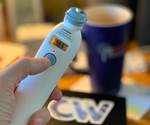U.S. Families First Coronavirus Response Act offers paid sick leave, COVID-19 testing
For eligible U.S. employees, the newly signed law will reportedly provide emergency paid sick leave, family medical leave and other measures.

The U.S. “Families First Coronavirus Response Act,” which passed in the Senate on March 18 and has been signed into law by President Donald Trump, is a measure to respond to the coronavirus outbreak in the United States by providing paid sick leave and free coronavirus testing, expanding food assistance and unemployment benefits, and requiring employers to provide additional protections for healthcare workers.
Among its provisions, the bill allocates $5 million for the Department of Labor to administer the emergency paid sick days program, and creates a new federal emergency paid leave benefit program.
As reported by the American Composites Manufacturers Association (Arlington, Va., U.S.), the bill provides measures for emergency family leave, emergency sick leave and employer tax credits for private sector companies with 500 or fewer employees.
The new law is reported to allow two weeks of paid sick leave at 100% of an employee’s usual salary, up to $511 per day, and up to 12 weeks of paid family and medical leave at 67% of normal salary up to $200 per day.
For more information, visit Congress’s website or related reports from The Washington Post or The National Law Review.
Related Content
-
Swedish parking garage to incorporate decommissioned wind blades
Architect Jonas Lloyd is working with Vattenfall to design the multistory building with a wind blade façade, targeting eco-friendly buildings and creative ways to remove blades from landfills.
-
Plant tour: BeSpline/Addcomp, Sherbrooke, QC, Canada
Composites automation specialist increases access to next-gen technologies, including novel AFP systems and unique 3D parts using adaptive molds.
-
New standard specification supports non-metallic FRP rebar
ASTM International standard D8505 enables further integration of FRP rebar into infrastructure applications.

.jpg;width=70;height=70;mode=crop)













